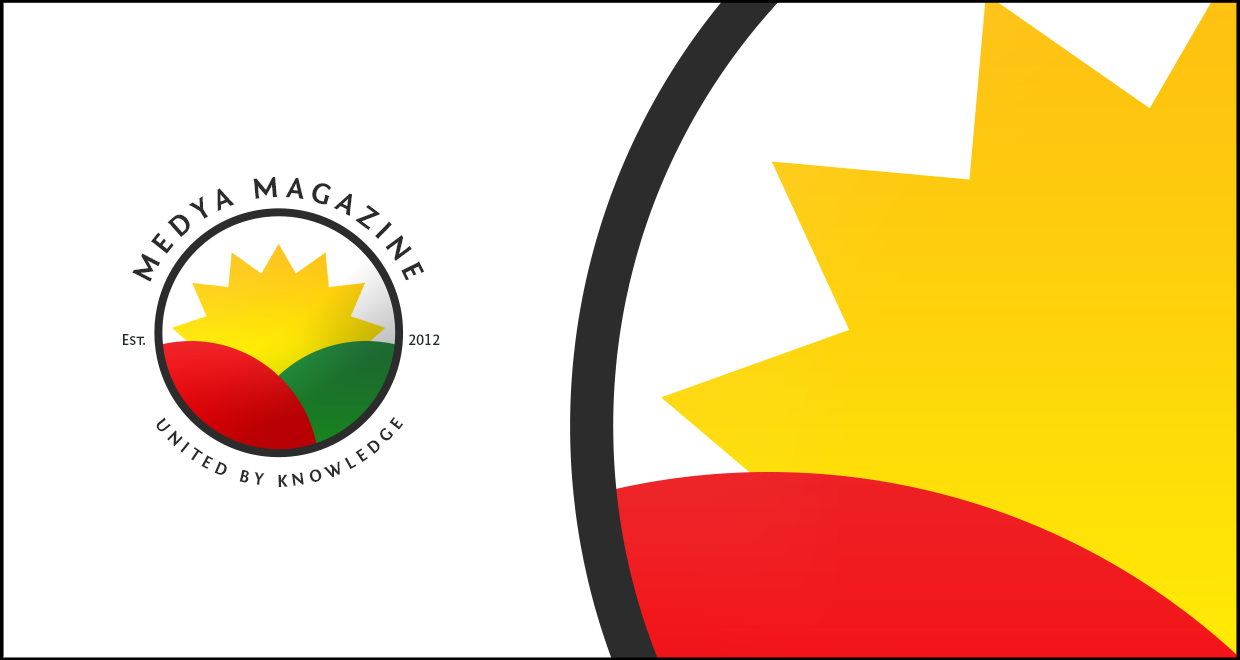Women’s health, female genital mutilation (FGM), honour killings, violence, rape and suicide, ‘done to death by western journalists and diaspora Kurds’ you say? Because it is so, so important. Women are the bearers of the next generation and we as a nation we have the obligation to make sure we provide all the means necessary to securing a better, healthier future for our people.
The Doaa Network Against Violence reported an alarming figure of more than 12,000 women who had died in honour-based killings between 1991 and 2007 in South Kurdistan. It was only in 2008, four years ago, that the KRG passed a law to officially recognise honour-killings as murder. In 2010 the German NGO Wadi released a report, based on interviews with 1,700 women, which revealed that a staggering 72.7 percent of women in the region’s two biggest provinces of Hewler and Slemani were victims of female genital mutilation, with the rate rising to almost 100 percent in some areas. An article published in The Guardian in 2007 about the suicide of young women revealed that “Rape is committed habitually” throughout Iraq, including South Kurdistan. The article highlights that victims of rape then turn to suicide because of the fear of people finding out and the hopelessness they feel when they are unable to speak to anyone about such problems. This all comes back to the mentality and taboo nature of sex, which by all definitions is one of health.
Sex education is taught in most western countries and used as a tool to empower people, especially teenage girls and women, with the knowledge of the dangers associated with sex and how to prevent them. Providing or speaking about sex education, is a vital step towards raising awareness amongst society about health practises and can empower women to make informed choices when it comes to parenthood.
Another report shows that within 5 years, from 2001 to 2005, 930 cases of suicide attempts were recorded in Slemani alone. Within 4 years, from 2003 to 2006 a staggering 2,390 suicide attempts were recorded in Hewler. The numbers show a clear increase over the years in both provinces sampled in the report by Hanna & Ahmad (2009). Out of the samples taken in Hewler, Slemani and Duhok, the three largest provinces in South Kurdistan, 76.3% of suicide attempts recorded were female and 40% of both genders recorded were said to be under the age of 25 with the lowest age of suicide attempt recorded at only 14. About one fifth of suicide attempts recorded ended in death. Reports show alarming numbers of suicide rates, mainly among females and youth among Kurdish societies. So why are there such a large and constantly increasing number of suicide attempts? And why are females and youth the largest social groups at risk?
I believe that the greatest cause of this pandemic plaguing our women and children is due to the swift social changes in society in Kurdistan coupled with long lasting traditions of oppressing women in uneducated communities. More burdens are put on females compared to that of their male counterparts who are enjoying their freedom with no social blame. More worrying than anything is that this type of mentality and lack of education towards sex creates a culture of honour killings, genital mutilation, and rape. Both in Kurdistan and Kurdish societies the importance of educating our women and society in general about women’s health in order to limit and ultimately eliminate such violence against women needs to be the pivotal point of women’s health aims.
I presented the above information and statistics at the ‘Kurds in Australia’ seminar series held in Sydney and was surprised at the responses I received. Many in the audience from South Kurdistan whom indicated they were health professionals whom worked in the Slemani region insisted the statistics, which I collected from published scientific journals, could not possibly be right. When asked why, they responded that the Slemani province couldn’t have a higher rate of FMG than the Hewler province. Although, I believe that the statistics speak for themselves, I don’t think the actual number should be the focus but the fact it is still happening at all.
Women need to be educated about their health and wellbeing in order to look after themselves. There are currently countless NGO’s in Kurdistan trying to tackle the problem surrounding women’s health however, the focus needs to shift from providing basic medical care to empowering the women themselves to better take care of their bodies and their children, essentially taking better care of their communities. With this kind of empowerment we will see a growth of educated women in society’s highest roles, whilst still maintaining a healthy, happy home, including children and a decrease in violence against them, as they are able to make the right choices for themselves.


